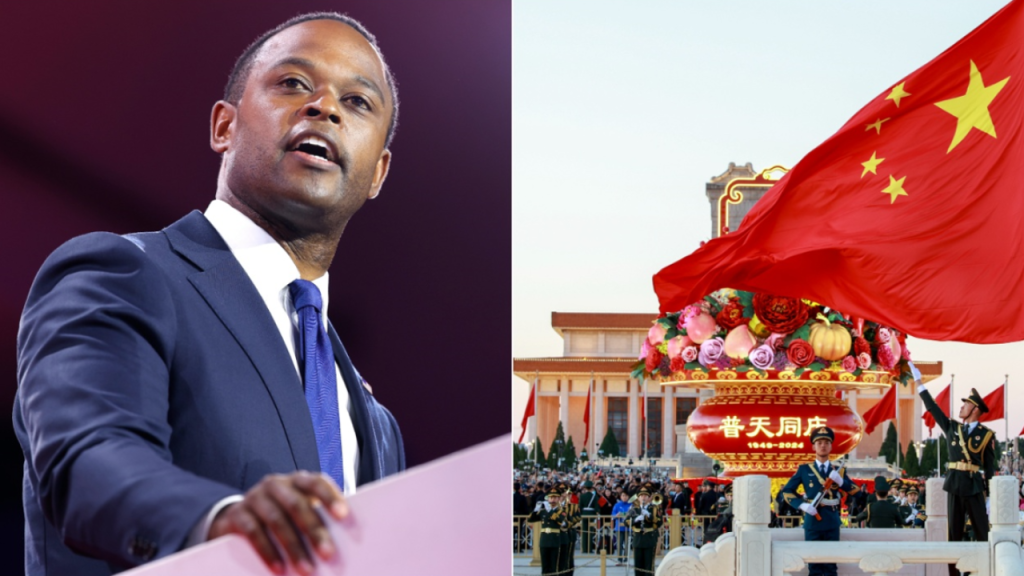The 1792 Exchange, a non-profit organization dedicated to promoting free markets and ideological balance in corporate America, has published a report revealing the significant financial dependence of numerous Fortune 100 companies on China. This dependence, the report argues, creates a substantial vulnerability for these companies and the American economy should US-China relations deteriorate further, potentially leading to sanctions or increased tariffs. The report underscores the need for greater transparency regarding corporate dealings with China and raises concerns about the potential influence of the Chinese Communist Party (CCP) on American businesses.
The report, released amidst rising geopolitical tensions and discussions of potential sanctions against China, analyzes the financial exposure of over 80 major US corporations operating within China. These companies, including prominent names like Citigroup, Intel, Boeing, Disney, Nike, and John Deere, collectively generate over $600 billion in annual revenue from their Chinese operations. The 1792 Exchange estimates that these companies could face a staggering $150 billion in sanctions over a three-year period if the US were to impose restrictions similar to those enacted against Russia following its invasion of Ukraine. This potential financial fallout, the report contends, poses a significant threat to both individual companies and the broader American economy.
The 1792 Exchange’s analysis is based on a combination of balance sheet data, trade data, and a proprietary sanctions calculation model. While many companies have not fully disclosed the extent of their Chinese operations, the report provides estimates of potential financial liabilities based on available information. For instance, Boeing, which earns close to $5 billion annually from China, could face $1 billion in sanctions over a three-year period. Intel, with annual revenues of $18 billion from China representing over a quarter of its total revenue, could face $5 billion in sanctions. Citigroup’s exposure is even greater, with a potential $16 billion in annual sanctions looming over its $5 billion in annual revenue from China.
Beyond the immediate financial implications, the report raises crucial questions about the potential influence of the CCP on these American corporations. The 1792 Exchange questions the compromises these companies might be making to operate in China and whether these compromises influence their US policies and operations. The report further probes the potential moral incongruence between companies’ public policy stances in China and their behavior within the US. These questions, the report argues, demand clear answers to ensure transparency and accountability in corporate dealings with China.
Daniel Cameron, former Kentucky Attorney General and CEO of 1792 Exchange, emphasized the report’s goal of highlighting the “staggering amount of money” at risk for American companies in the event of sanctions against China. Cameron expressed optimism that the incoming Trump administration would implement policies to reduce American dependence on China, bringing jobs and businesses back to the United States. He hopes the report’s data will inform the administration’s policy decisions and encourage CEOs, board members, and investors to critically assess their relationships with China.
The 1792 Exchange believes the lack of transparency surrounding corporate involvement with China poses a significant threat to America’s future. They argue that American workers, consumers, and investors deserve to know the extent of these financial liabilities and the potential risks they represent. The report serves as a call for greater corporate transparency and a reassessment of the complex relationship between American businesses and the Chinese market, particularly in the face of escalating geopolitical tensions.


